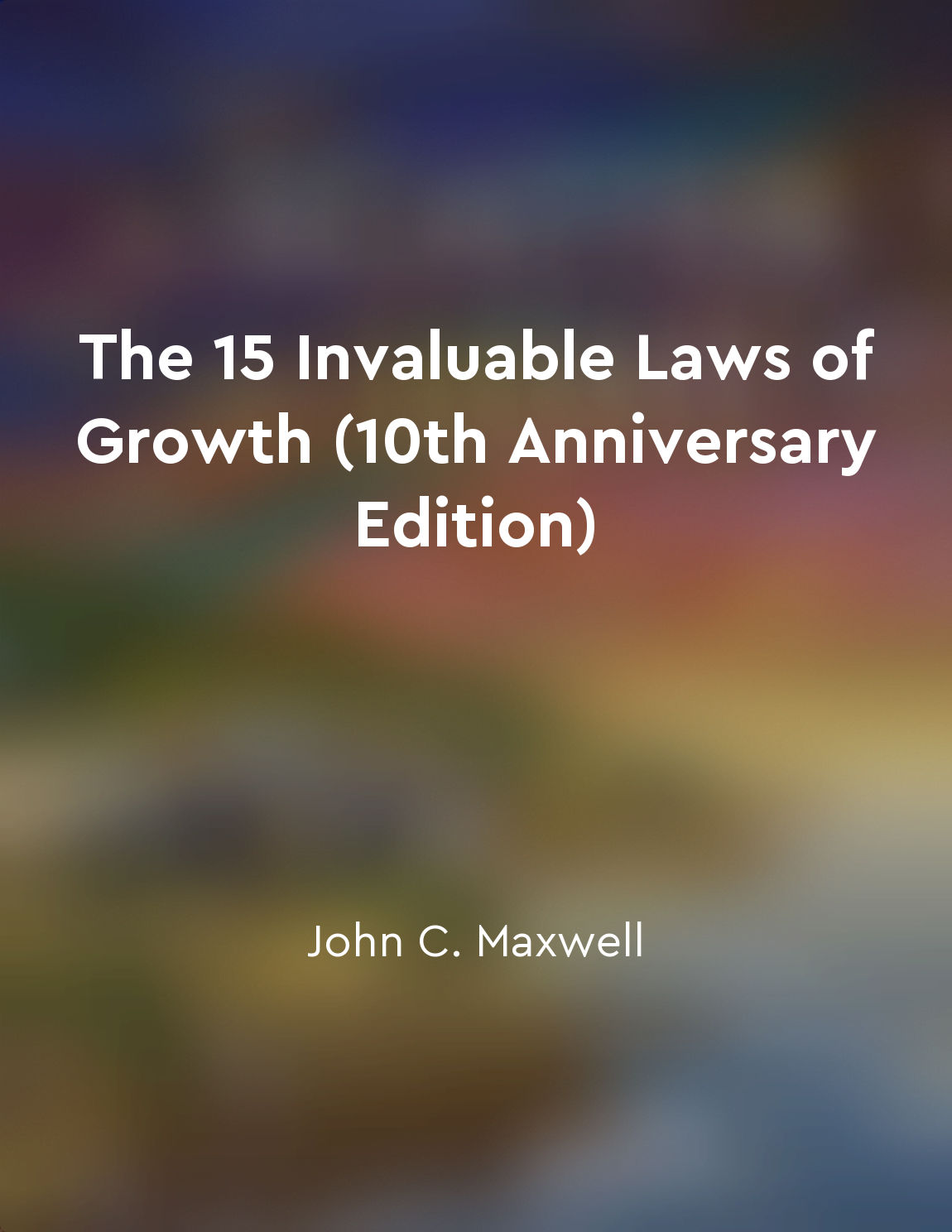Audio available in app
Seek feedback to improve your oratory skills over time from "summary" of Manual de Oratória, Carisma e Persuasão by Breno Dores
To become a proficient speaker, one must be willing to receive feedback on their oratory skills. Feedback serves as a mirror, reflecting our strengths and areas needing improvement. It provides valuable insights that we may not see ourselves. Feedback helps us identify patterns in our speech, such as filler words, unclear messages, or nervous gestures that detract from our delivery. By seeking feedback, we open ourselves to constructive criticism that can guide our growth as speakers. It allows us to understand how our audience perceives us and what adjustments we can make to enhance our communication. Feedback is a powerful tool for self-improvement, as it offers an external perspective that complements our self-assessment. Receiving feedback is not always easy, as it may challenge our ego or reveal vulnerabilities. However, embracing feedback with an open mind is essential for personal and professional development. It enables us to learn from our mistakes, build on our strengths, and refine our oratory skills over time. Feedback can come from various sources, such as mentors, peers, or audience members. Each perspective offers unique insights that help us see different facets of our speaking style. By soliciting feedback from diverse sources, we gain a comprehensive understanding of our strengths and weaknesses as speakers. To make the most of feedback, it is crucial to listen actively, reflect on the comments received, and take actionable steps to implement suggested improvements. By incorporating feedback into our practice routine, we can continuously refine our oratory skills and become more effective communicators. Feedback is not a one-time event but an ongoing process that fuels our growth and development as speakers.Similar Posts

Openmindedness is essential in communication
In order for communication to be effective, it is crucial for individuals to approach conversations with openmindedness. This m...
Adapt to unexpected situations
When it comes to public speaking, one of the most important skills to master is the ability to adapt to unexpected situations. ...
Tailoring your message to your audience's needs and interests is important
When delivering a message to an audience, it is essential to consider their specific needs and interests. This means taking the...

Emotional intelligence is important in interpersonal relationships
Emotional intelligence plays a crucial role in the success of interpersonal relationships. It involves the ability to recognize...

Conflict resolution skills are critical in communication
Conflict resolution skills play a crucial role in effective communication. When conflicts arise in any interaction, whether per...

Envision your potential and work towards it
When it comes to personal growth, one of the key principles to keep in mind is the importance of envisioning your potential. Th...
Pronunciation teaching should be integrated into the language curriculum
The integration of pronunciation teaching into the language curriculum is essential for learners to develop their overall langu...
Set achievable daily tasks
To ensure consistent progress in achieving your goals, it's essential to set daily tasks that are achievable. This means breaki...
Using authentic materials for pronunciation practice
Authentic materials can be a valuable resource for pronunciation practice in the EFL classroom. These materials can include any...
Establish trust to foster open communication
Trust is the foundation of any successful relationship, whether personal or professional. It is the key that unlocks the door t...
